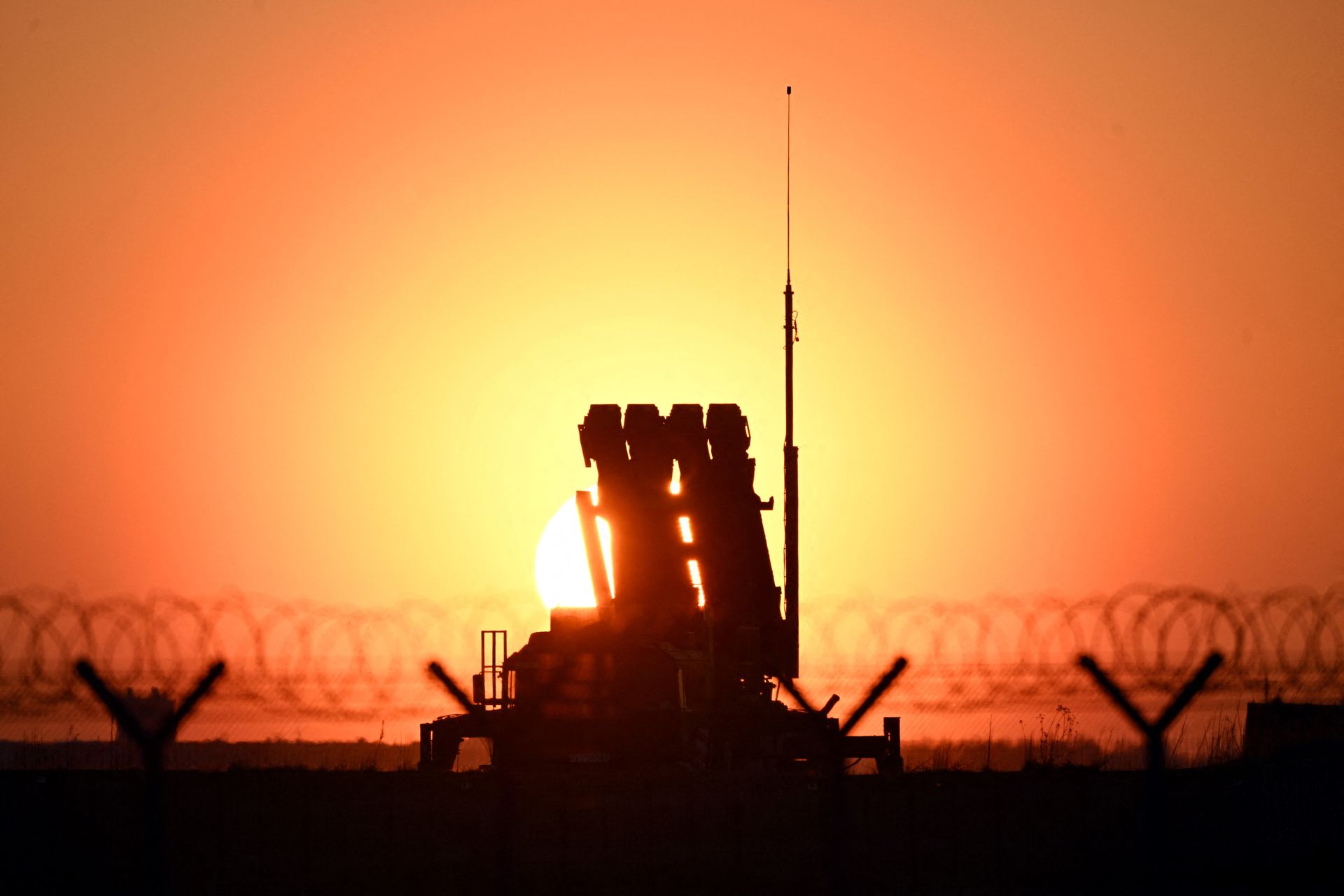EU to propose quicker phase out of Russian oil imports following pressure from Trump

The European Commission will propose to phase out Russian energy purchases sooner than initially planned, EU Commission President Ursula von der Leyen announced on Sept. 16, amid pressure from U.S. President Donald Trump.
Von der Leyen made the announcement on X following a phone call with Trump, which focused on "strengthening our joint efforts to increase economic pressure on Russia through additional measures," she said.
No details on a timeline for the proposed phase out were immediately available. Under its current plan, the EU aims to phase out energy purchases completely by the end of 2027.
The news comes after Trump said he would impose tougher sanctions on Moscow once European allies fully cease purchasing Russian oil, one of its key sources of revenue.
Bloomberg and Politico reported earlier in the day that the EU postponed plans to table its 19th package of sanctions against Russia on Sept. 17 as the U.S. demands tougher steps to proceed with its own measures.
Von der Leyen said in her post on X that the new sanctions package will be presented "soon" and will target Russia's crypto, banks, and energy sectors.
I had a good call with @POTUS on strengthening our joint efforts to increase economic pressure on Russia through additional measures.
— Ursula von der Leyen (@vonderleyen) September 16, 2025
The Commission will soon present its 19th package of sanctions, targeting crypto, banks, and energy.
Russia’s war economy, sustained by revenues…
The EU has slashed much of its Russian energy purchases after the outbreak of the full-scale war in Ukraine.
Hungarian Prime Minister Viktor Orban, Trump's close ally, and Slovak Prime Minister Robert Fico have been the most vocal opponents of cutting energy ties with Russia. Hungary and Slovakia are the last two EU members still purchasing Russian oil via the Druzhba pipeline.
Von der Leyen previously said Brussels was considering accelerating its phase-out of Russian fossil fuels sooner than 2027, as initially planned, as part of a new round of sanctions against Moscow on Sept. 10.
The Trump administration has also reportedly urged other G7 members to adopt 50-100% tariffs on China and India — the leading buyers of Russian oil — to pressure Russian President Vladimir Putin to the negotiating table.
Later, on Sept. 13, the U.S. president publicly called for tariffs against China, though omitting India from his statement.
While Trump has repeatedly threatened to impose harsher sanctions against Moscow as part of his push to negotiate a peace deal in Ukraine, his steps have so far been limited to 50% tariffs on India.
Trump's administration said it would refrain from new tariffs on Chinese goods until European countries first adopt steep tariffs of their own. According to Reuters's sources, the EU is unlikely to adopt tariffs on either China or India, its two major trading partners.
Trump appears to be growing frustrated with Putin over his heel-dragging of the peace process. The U.S. president proposed a meeting between Putin and Zelensky following the Alaska summit but the Russian leader has since rejected the idea.












